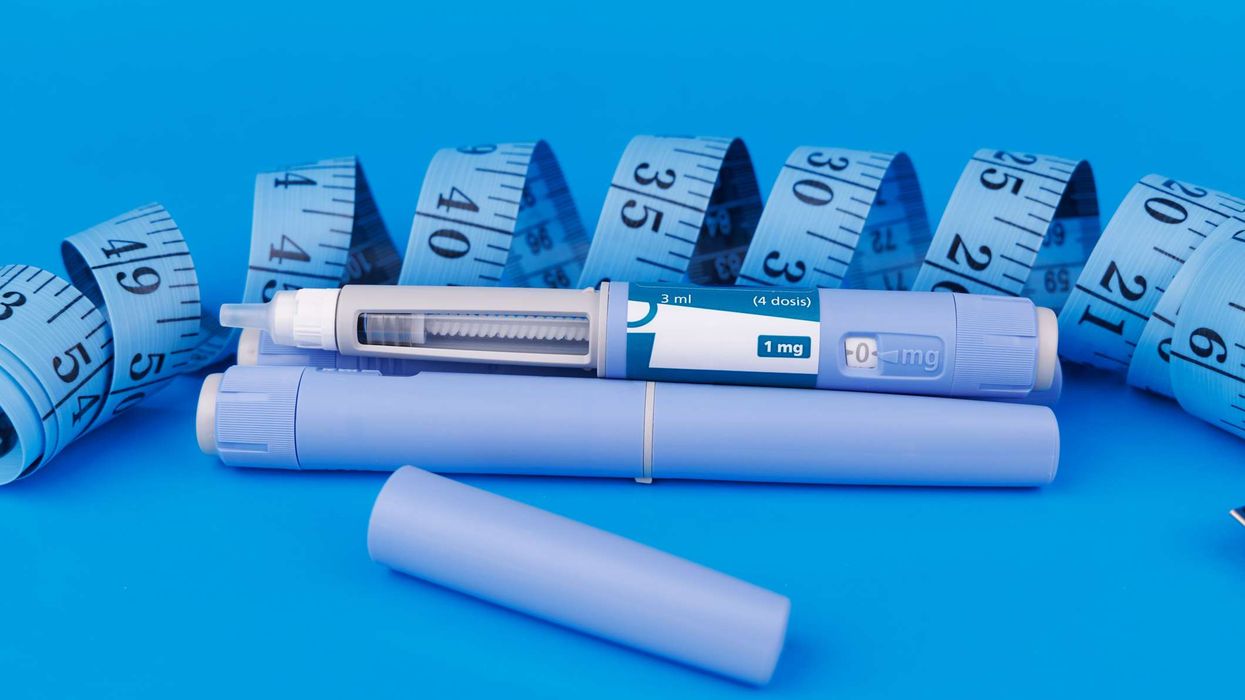Highlights
- Novo Nordisk loses $70bn (£52bn) in market value after major share price slump
- Company cuts annual forecasts for both profit and revenue
- Faces mounting competition from Eli Lilly’s Mounjaro and unauthorised compound drugs
- Executive reshuffle announced as Maziar Mike Doustdar takes over as CEO
- UK access to weight-loss jabs remains tightly restricted under NHS guidelines
Novo Nordisk hit by sharp fall as rivals gain ground
Novo Nordisk’s shares fell by more than 20% on Tuesday—its steepest one-day drop—wiping $70bn (£52bn) off its market capitalisation. The crash follows a revised outlook by the company, which lowered its full-year profit and sales expectations amid growing competitive pressure in the obesity drug market.
The fall pushes Novo Nordisk behind European luxury brands LVMH and Hermès in the rankings of the continent’s biggest listed companies, just weeks after reclaiming the top spot.
Profit warning and weaker sales forecast
The Danish drugmaker revised its 2025 guidance, with sales now expected to grow between 8% and 14%, down from 13% to 21%. Projected profit growth was similarly trimmed to 10%–16%, compared to the earlier range of 16%–24%.
The downgrade is attributed to several factors, including increasing demand for cheaper compound drugs—unlicensed versions of Novo’s injections—as well as competition from Eli Lilly’s GLP-1 rival, Mounjaro (Zepbound in the US).
Leadership shake-up at a critical time
Novo Nordisk announced that Maziar Mike Doustdar, currently leading international operations, will assume the role of chief executive. He will be tasked with reviving flagging demand, especially in the crucial US market.
Doustdar pledged to “increase the sense of urgency and execute differently”, aiming to “turn the picture around” in the US where market share is slipping.
Mounjaro closes in on GLP-1 dominance
GLP-1 drugs, designed to mimic hormones that regulate appetite and satiety, have become central to the growing global demand for weight-loss treatments. A recent head-to-head clinical trial, funded by Eli Lilly, showed Mounjaro delivering 20% average weight loss over 72 weeks—outperforming Novo’s Wegovy, which delivered a 14% reduction.
In May, Eli Lilly surpassed Novo Nordisk in its share of the US GLP-1 market for the first time.
Legal battles and regulatory hurdles
Novo continues to challenge unauthorised versions of its obesity jabs in court. Despite intervention by the US FDA to limit the proliferation of these compound drugs, Novo claims that mass production persists under claims of customisation and personalisation.
The company says these imitations not only pose regulatory risks but also endanger patient safety.
Limited NHS access in the UK
In the UK, Eli Lilly has gained an advantage with approval for Mounjaro to be prescribed through GP surgeries. In contrast, Novo Nordisk’s Wegovy is only available via specialist NHS weight management services.
Strict eligibility applies: patients must have a BMI over 40 and at least four related health conditions such as type 2 diabetes or sleep apnoea to qualify.
Novo’s UK chief, Sebnem Avsar Tuna, recently called on the government to broaden access, suggesting the UK could “be a role model” in tackling obesity through innovation.
Health Secretary Wes Streeting has echoed support for wider use, stating that access should be “based on need and not the ability to pay”. The government is now piloting accelerated schemes for rollout of such treatments.





